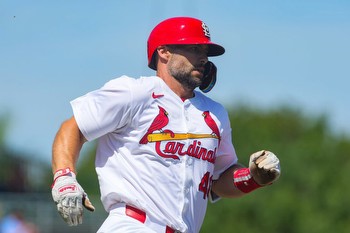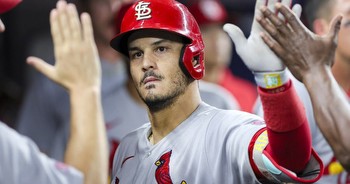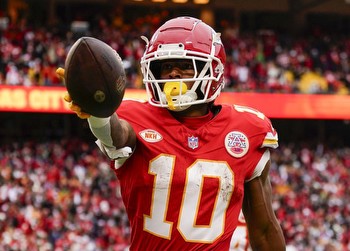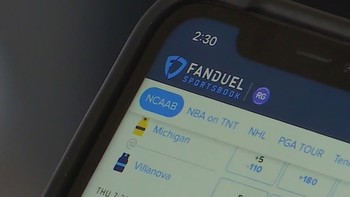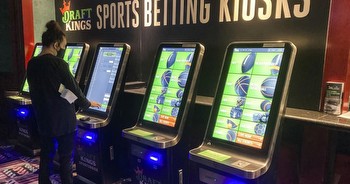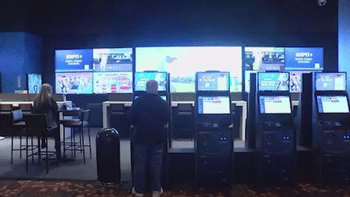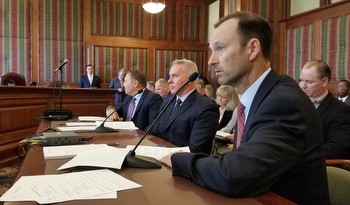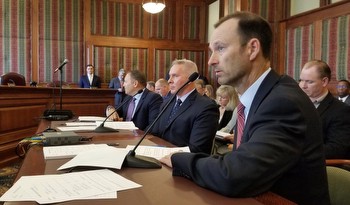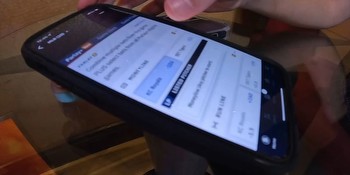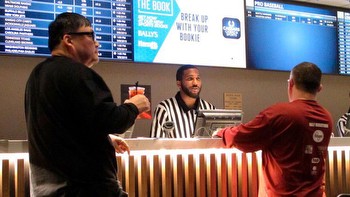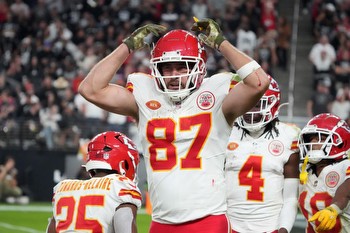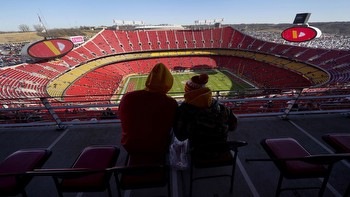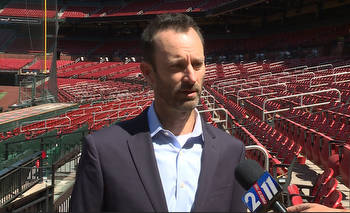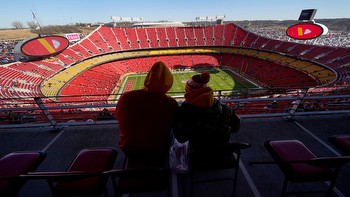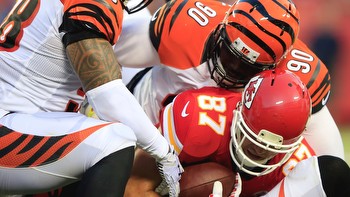Missouri sport betting proposal may have flaw, report says
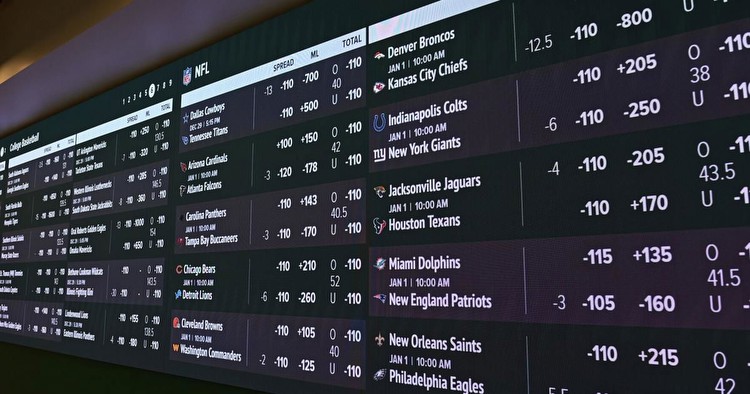
JEFFERSON CITY — An analysis of a proposed ballot question that would legalize sports betting in Missouri is raising questions about whether the effort by the state’s major league sports teams contains a major flaw.
According to a fiscal review conducted by Gov. Mike Parson’s administration, the initiative petition fails to include a mechanism for allowing state agencies to collect or deposit taxes and fees generated by a legalized sports betting program.
“Without the identification of an agency to collect the tax, no tax can be collected. Due to wording in this IP, the Department of Revenue assumes this IP will not generate any revenue to the state,” the analysis says.
A spokesman for the ballot initiative disagreed with the findings.
“Both the Missouri Constitution and our statutes give the Missouri Department of Revenue independent authority to collect all taxes imposed by law and deposit the funds, which is exactly what they will do after this November when Missourians legalize sports betting and provide tens of millions in annual, dedicated funding for Missouri education,” said Jack Cardetti, spokesman for the Winning for Missouri Education.
The author of the ballot language, Jefferson City attorney Chuck Hatfield, said the wording was chosen to provide the administration "flexibility" when overseeing the program.
Frustrated with the Missouri Senate’s inability in recent years to advance a sports betting framework amid a nationwide expansion, six Missouri sports teams announced last week they are collecting signatures to put a question before voters in the November election.
Included in the mix are the St. Louis Blues, Kansas City Chiefs, St. Louis Cardinals, Kansas City Royals, St. Louis City SC and the Kansas City Current.
The proposal would set the sports betting tax rate at 10% and allow the teams and the state’s 13 casinos to operate retail and online sports betting.
The campaign committee is using $500,000 in contributions from FanDuel and DraftKings to support the signature collection process. To be placed on the ballot at least 8% of registered voters’ signatures in six of eight Missouri districts must be collected, which is more than 171,000 signatures.
The Blues are collecting signatures at their home games.
“The citizens of this state have been forced to play shorthanded in comparison to our surrounding neighbors when it comes to having the ability to participate in legal sports wagering, sending valuable tax dollars over our borders instead of keeping them in-state to improve the lives of Missourians,” said Chris Zimmerman, St. Louis Blues CEO and president of business operations.
Two sports betting bills have been introduced in the Senate, but their prospects appear bleak amid an ongoing impasse over what should be done about the spread of unregulated slot machines in gas stations and bars across the state.
In addition to raising red flags about the ability of the Department of Revenue to collect and deposit the taxes and fees generated by the program, the analysis says the Missouri Gaming Commission would have no mechanism to collect money to finance a compulsive gambling prevention fund.
“It should be noted that the commission is not expressly authorized under this proposal to collect any of the fees described in this proposal,” the analysis notes.
Cardetti played down questions about the fiscal note, saying voters will support the initiative.
“Missourians are already placing billions in sports bets using illegal, offshore gaming websites or traveling across state lines just to place bets and boost our neighboring economies,” he said in an email Thursday.
“The initiative petition would simply allow Missourians to participate in safe, legal and regulated sports betting, while providing tens of millions of dollars for our classrooms, where teachers in Missouri are currently the third-lowest paid in the entire country,” he added.

